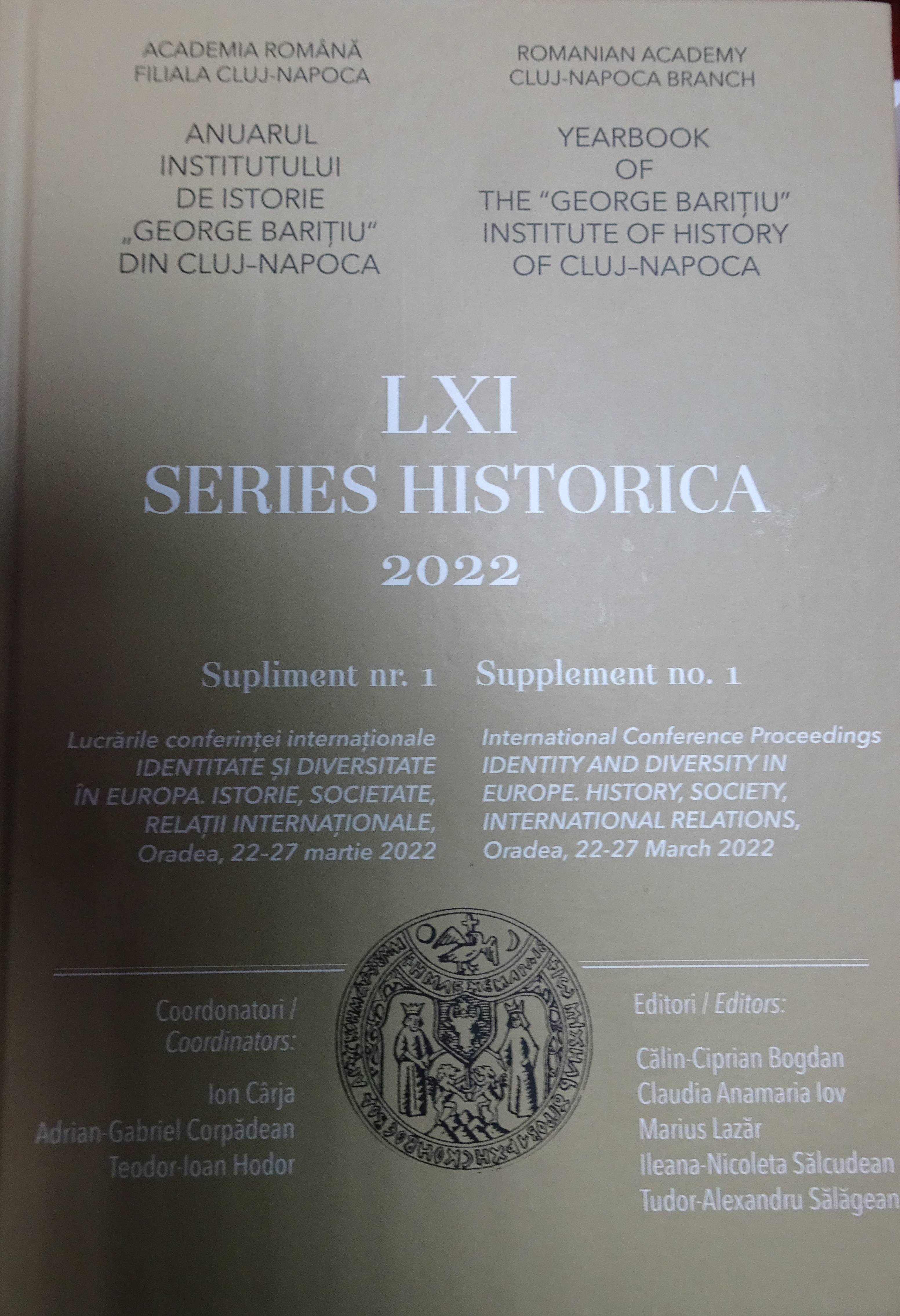Regulations on Strikes and Labour Disputes in Romania. Benefits for Companies and Silencing for Workers
Regulations on Strikes and Labour Disputes in Romania. Benefits for Companies and Silencing for Workers
Author(s): Ion Alexandru LițăSubject(s): Political history, Social history, Present Times (2010 - today)
Published by: Editura Academiei Române
Keywords: labour disputes; attracting global capital; pro capital measures; forcibly pacified industrial relations; industrial actions; wildcat strikes;
Summary/Abstract: In this paper will discuss the decrease of disputes and strikes’ numbers and strong tie with legislation and its changes. In the post socialist era, Romanian politicians openly stated that their number one priority was to attract global capital. As a consequence, various laws were adopted, flexibilized or repealed to support global capital, and most industries were privatized. In addition to labour law amendments and the selling of state assets, the Romanian state purposefully created a legal framework to support the diversion of public funds (in different ways) to private initiatives and eventually offered tax relief and other benefits to them. Regulation and deregulation work almost always in favor of capital, and, incidentally, against workers’ rights. Unsurprisingly, industrial relations were forcibly pacified through amendments to the Social Dialogue Law (the legal framework protecting labour) that diminished labour rights, and the official number of “legal” work conflicts decreased dramatically. As a consequence, some of the workers took their complaints to the streets or shop floor in ways that could be declared illegal under the Social Dialogue Law adopted in 2011. This article will explore, from a labour studies perspective, the relation between pro capital changes over the labour legislation and new forms of expressing work conflicts, (such as wildcat strikes, protests etc.) that took place after 2011, under the new legislative conditions of the Social Dialogue Law, when the right to strike was severely restricted and, in some cases, impossible.
Journal: Anuarul Institutului de Istorie »George Bariţiu« - Series HISTORICA - Supliment
- Issue Year: 1/2022
- Issue No: LXI
- Page Range: 375-388
- Page Count: 14
- Language: English

